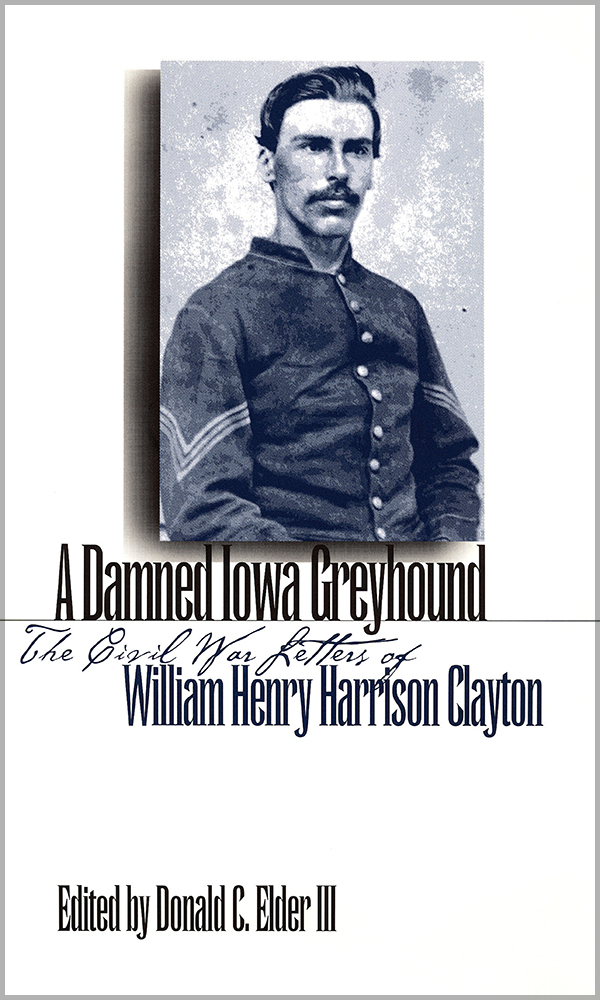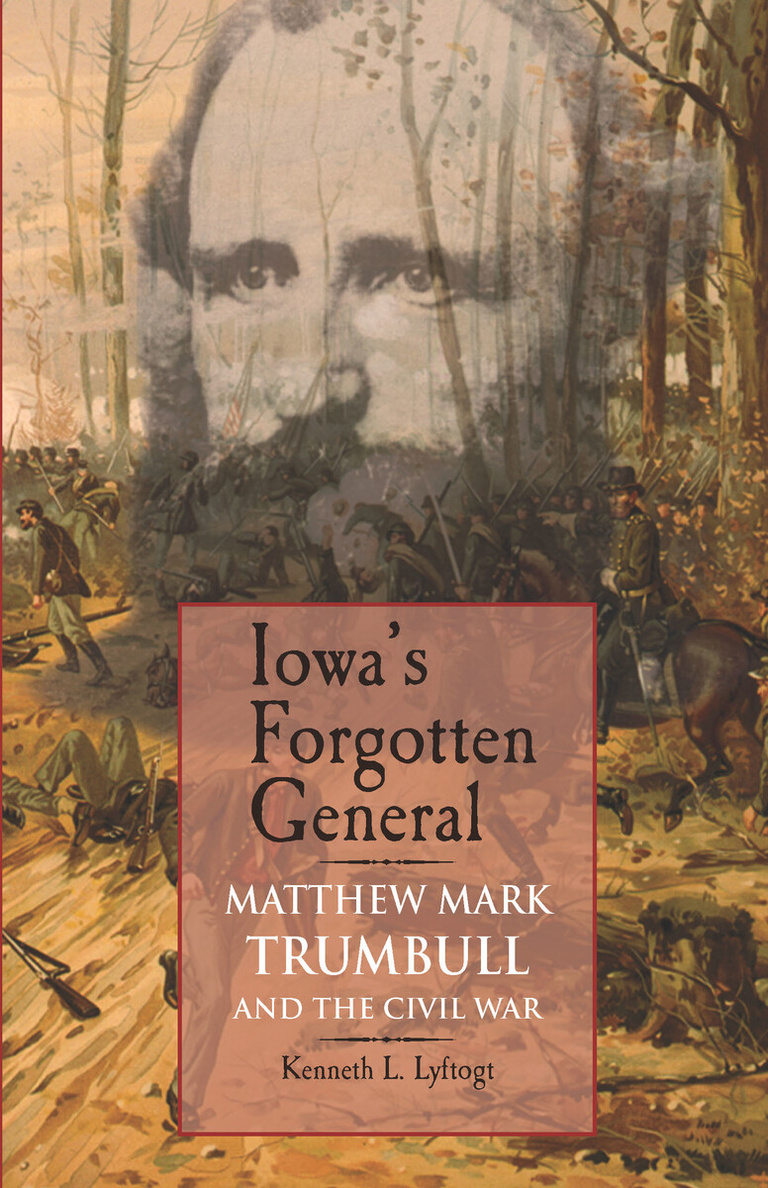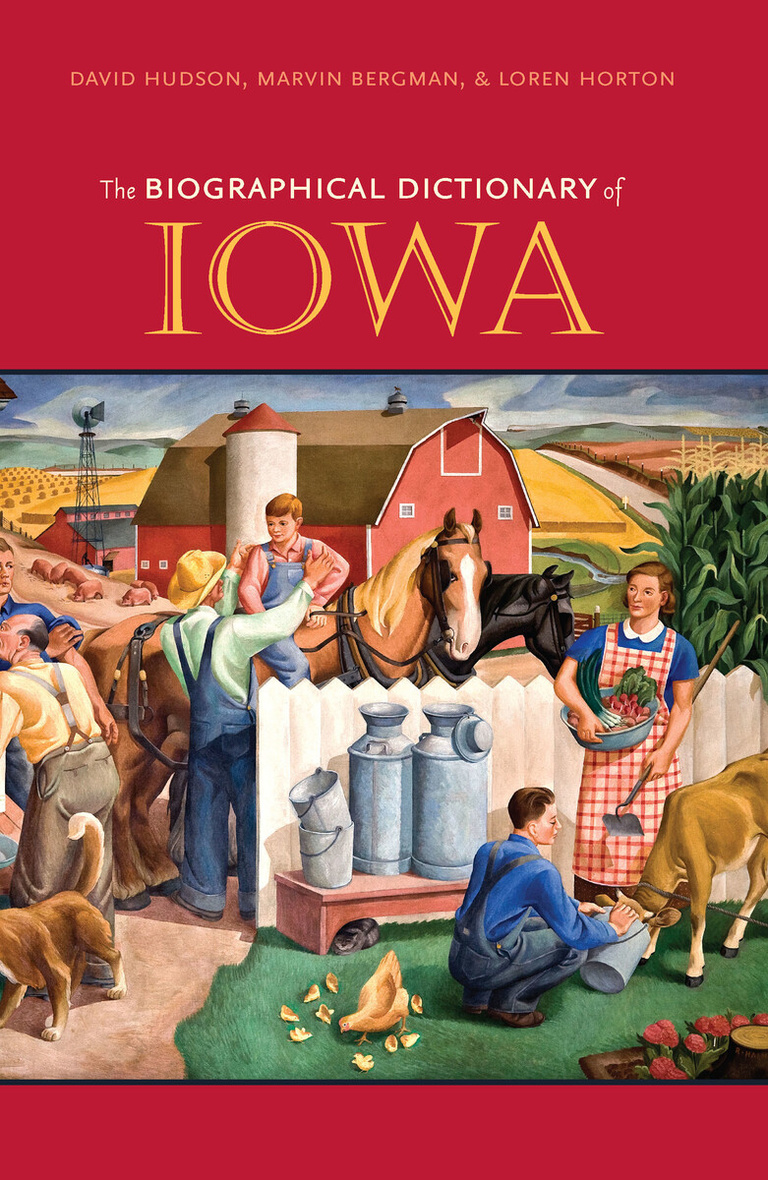William Henry Harrison Clayton was one of nearly 75,000 soldiers from Iowa to join the Union ranks during the Civil War. Possessing a high school education and superior penmanship, Clayton served as a company clerk in the 19th Infantry, witnessing battles in the Trans-Mississippi theater. His diary and his correspondence with his family in Van Buren County form a unique narrative of the day-to-day soldier life as well as an eyewitness account of critical battles and a prisoner-of-war camp.
Clayton participated in the siege of Vicksburg and took part in operations against Mobile, but his writings are unique for the descriptions he gives of lesser-known but pivotal battles of the Civil War in the West. Fighting in the Battle of Prairie Grove, the 19th Infantry sustained the highest casualties of any federal regiment on the field. Clayton survived that battle with only minor injuries, but he was later captured at the Battle of Stirling's Plantation and served a period of ten months in captivity at Camp Ford, Texas.
Clayton's writing reveals the complicated sympathies and prejudices prevalent among Union soldiers and civilians of that period in the country's history. He observes with great sadness the brutal effects of war on the South, sympathizing with the plight of refugees and lamenting the destruction of property. He excoriates draft evaders and Copperheads back home, conveying the intra-sectional acrimony wrought by civil war. Finally, his racist views toward blacks demonstrate a common but ironic attitude among Union soldiers whose efforts helped lead to the abolition of slavery in the United States.
“This collection of letters represents a valuable contribution to the soldier literature of the Civil War and as such deserves a broad readership. High-quality eyewitness accounts of military operations in the Trans-Mississippi theater, where Clayton did much of his campaigning, are rare, as are first-person prisoner-of-war experiences. Furthermore, readers of Iowa history will be interested in the material related to the southeastern part of the state, where residents were split by the secession crisis. Elder's editorial intervention in the letters is minimal, a tribute to the literate style in which they were written. Moreover, his annotations, supported by an impressive array of primary and secondary sources, provide the necessary historical context without being intrusive.”—Barry Popchock, editor of Soldier Boy: The Civil War Letters of Charles O. Musser, 29th Iowa
“Both the University of Iowa Press and Donald C. Elder III have much to be proud of with this effort.”—Journal of America’s Military Past



